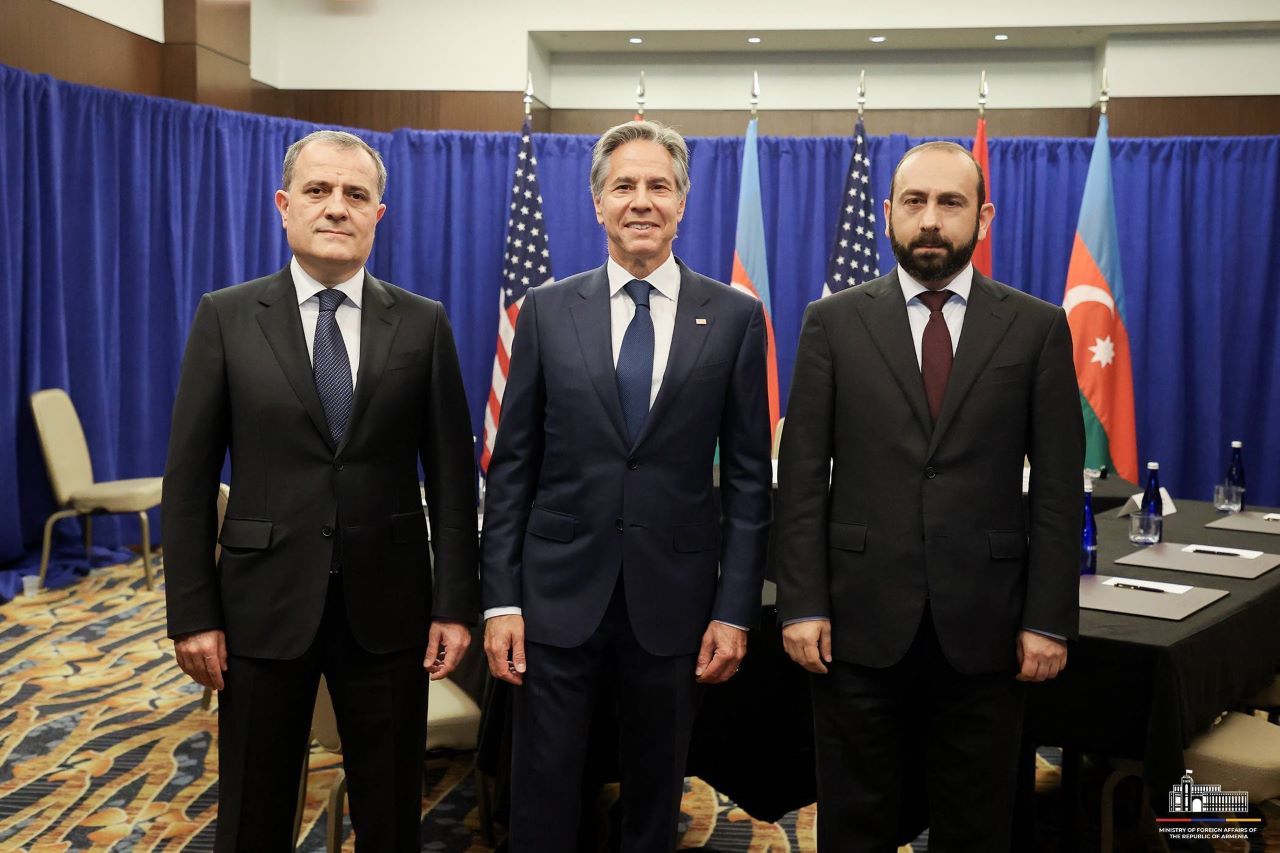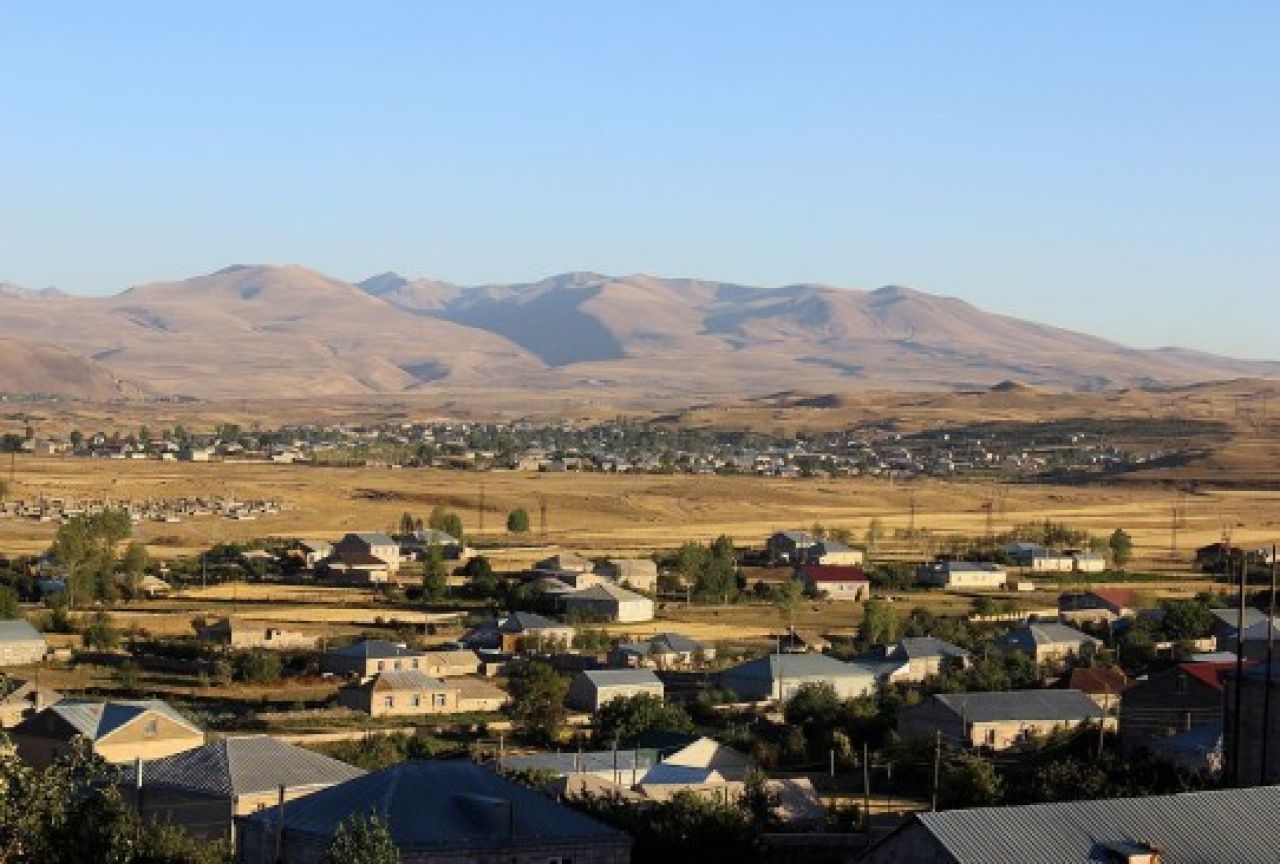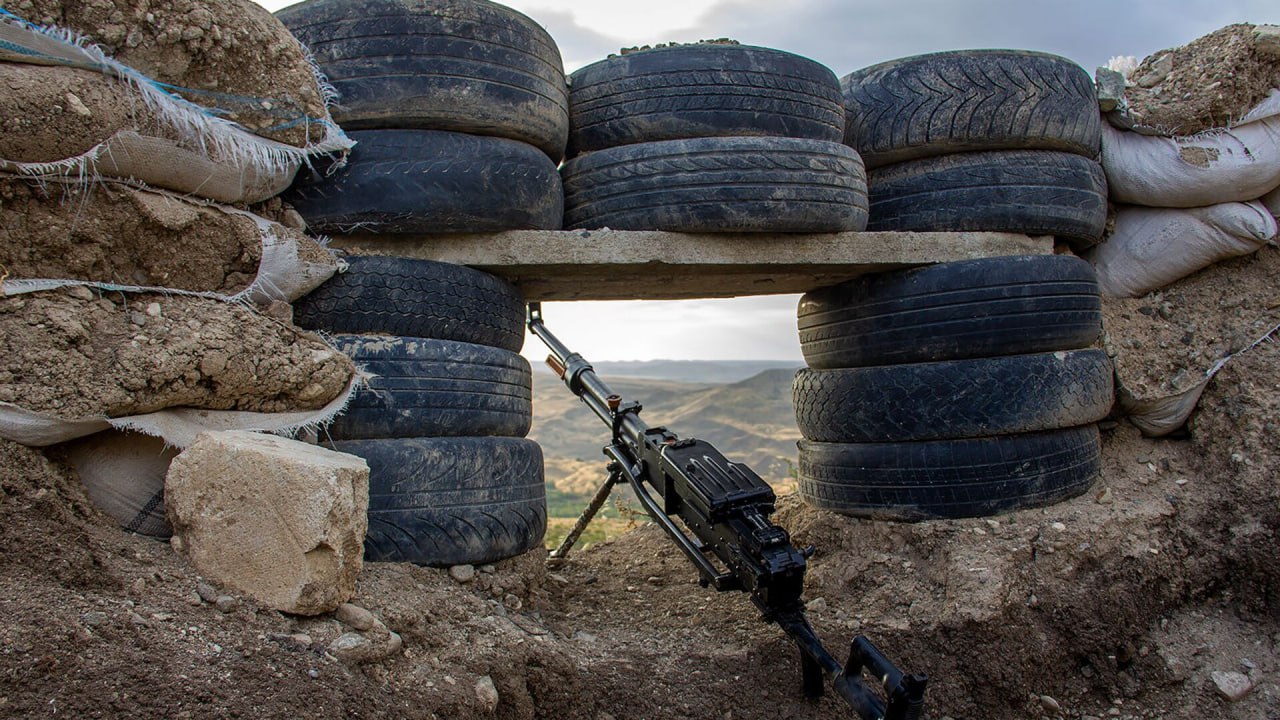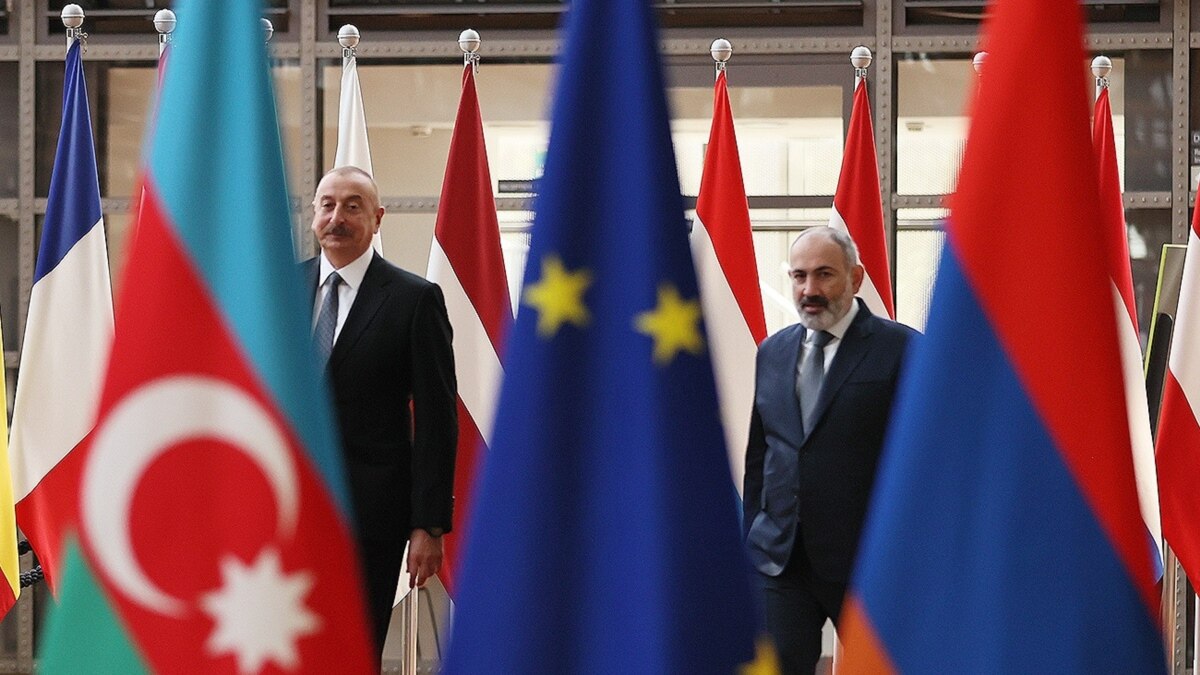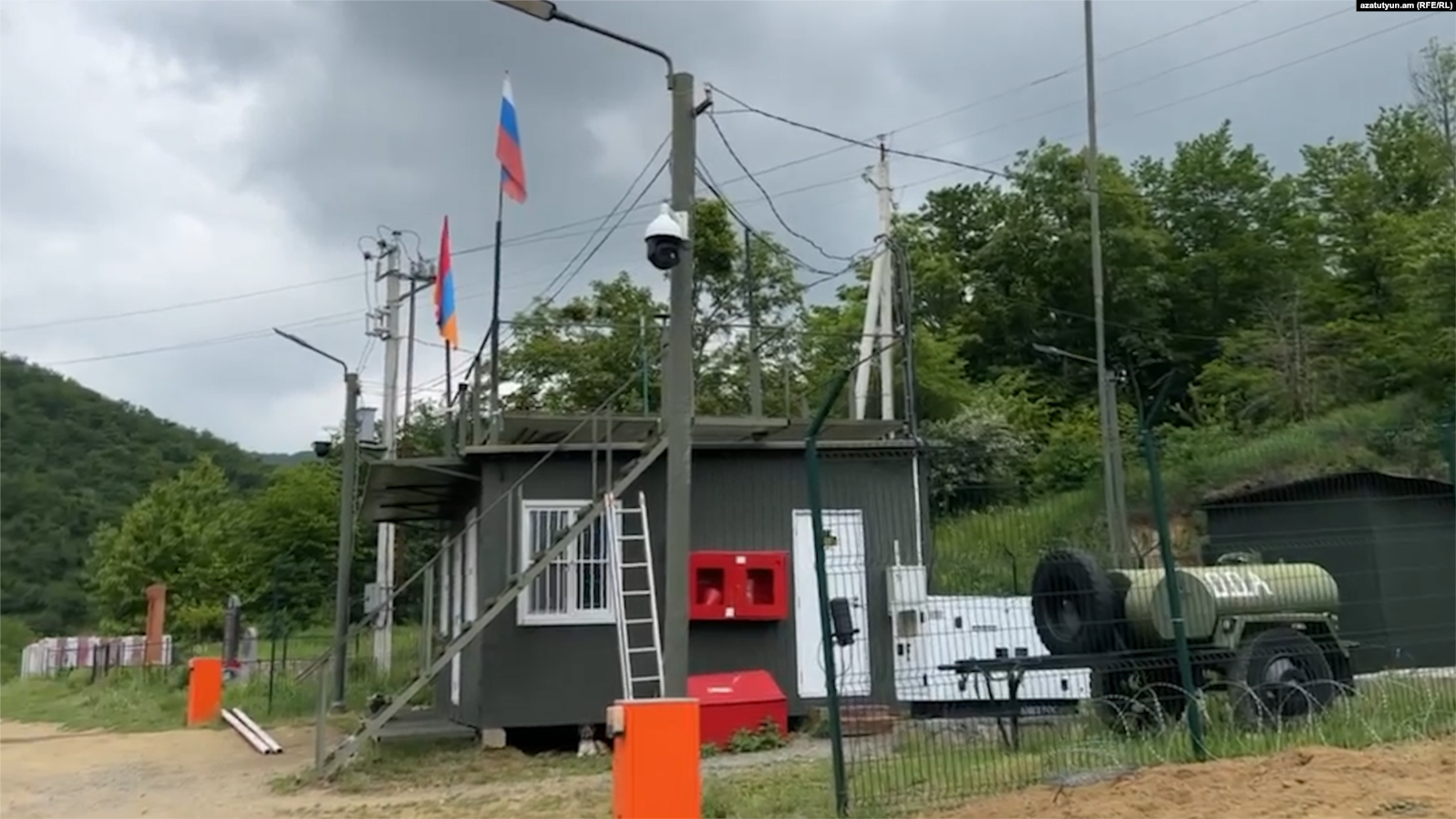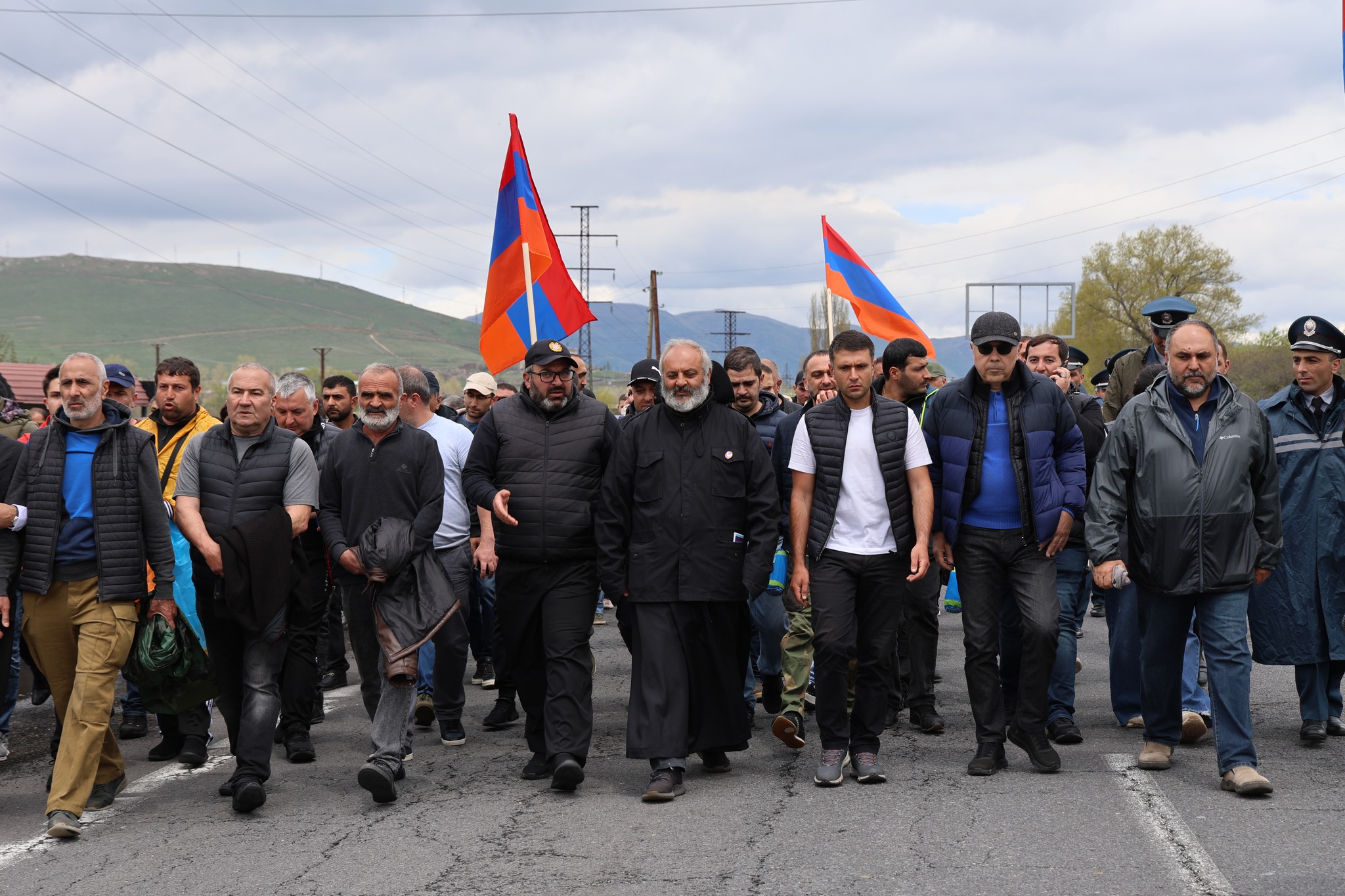Port wine that fell victim to the Karabakh war
When speaking about pre-war Karabakh, Azerbaijanis rarely remember a modest, but legendary in its own way, drink which in the relatively recent past, used to be one of the most famous Azerbaijani products – the Agdam port wine.
This port wine was produced at a cognac factory in Aghdam (a city in Karabakh), and, frankly, could hardly be called a masterpiece of the alcohol industry.
Strictly speaking, it was not even a real port wine – simply because only the Portuguese port wine can be considered real. “Agdam” was a common fortified wine, one of many available in the USSR.
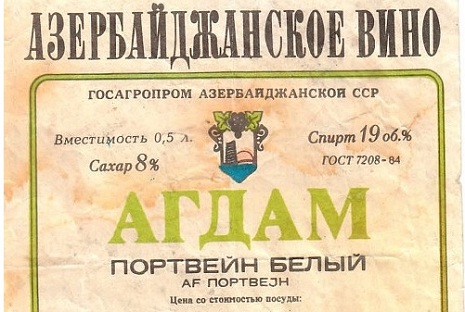
It was not distinguished by high quality but still managed to become a “people’s drink”, because it was “cheap and cheerful” – for two rubles you could get a bottle of fairly “strong” (19%) and relatively tasty alcohol. Other Soviet fortified wines were either much nastier or much more expensive.
Indeed, in Azerbaijan they did not like Agdam very much, even poor students turned up their noses at it.
“In my student years, my comrades and I did not like Agdam very much. Firstly, it would give us heartburn, and secondly, our parents could smell its terrible fumes. So while we were students, we preferred to drink Chinar wine or Zhigulevskoye beer. But when I went into the army (it was the mid-1980s) and ended up in Russia, due to the lack of choice, I drank Agdam”, recalls my comrade.
Pensioner Aunt Khalida, a refined intellectual, by looking at whom you can never guess that she knows the word “port wine” at all, also remembers “Agdam” and speaks of it without any reverence:
“Of course, we drank Agdam from time to time. But actually, in Baku, it was considered a wine for alcoholics, because it was cheap and tasted cheap too. Drunkards were even called “agdams”. But in Russia, “Agdam” was adored. But for me, “Kurdamir” was much tastier”.
“Kurdamir” is also a fortified wine, named after one of the regions of Azerbaijan, but we are not talking about it now.
In the 1960s and 70s, Agdam was part of the youth culture. Even songs were dedicated to it. More precisely, thieves’ guitar songs that were sung while drinking “Agdam”.
Now the very people who once drank “Agdam” and sang to the guitar, remember this port wine as one of the characters of their youth and speak about it in the spirit of “gross as it was, it was easy to drink, and in general, those were glorious days”.
They even say that some “copies” of this port wine that have miraculously survived to this day are valued by collectors.
They stopped producing “Agdam” in the late 1980s, for obvious reasons. And in the early 1990s, during the first Karabakh war, the building of the factory itself was also destroyed.
Later, Azerbaijan revived the production of many Soviet wines, “adapting” them to the new realities (“Kurdamir”, for example). But for some reason, the production of “Agdam” has never been restored.
Nevertheless, it seems like a great commercial idea – the brand is already well-known, the quality can be improved now. For export, that’s it.
Sometimes, inexpensive alcoholic drinks under the name “Agdam” appear on the market, but the only thing they have in common with the legendary drink is the name. Under the guise of “the one and only” they sell, for example, ordinary dry wine.
Oddly enough, a drink relatively close to the original is produced in Latvia – the same 19%, the same sugar content, and even the label is almost the same. However, Latvian winemakers say that they came up with the recipe themselves, but that’s a completely different story.
The new “impostors” are far from their legendary “parent”. On the other hand, it is well-known that remakes are usually not as good as the original, and, perhaps, in this case, it is better not to risk it. It is not certain that Agdam, having turned from an inexpensive student drink into a “luxury” wine, will be able to restore its former glory. And nowadays, students are different too.
“Agdam” has become one of the many non-obvious “victims” of the Karabakh conflict, which, of course, cannot be compared with human victims, but is still annoying.
Perhaps, if there was no Karabakh war, it would have been produced to this day, even despite the collapse of the Soviet Union. And it would be better if people outside the South Caucasus associated the word “Agdam” with inexpensive, low-quality alcohol, and not the war.
Trajectories is a media project that tells stories of people whose lives have been impacted by conflicts in the South Caucasus. We work with authors and editors from across the South Caucasus and do not support any one side in any conflict. The publications on this page are solely the responsibility of the authors. In the majority of cases, toponyms are those used in the author’s society. The project is implemented by GoGroup Media and International Alert and is funded by the European Union













